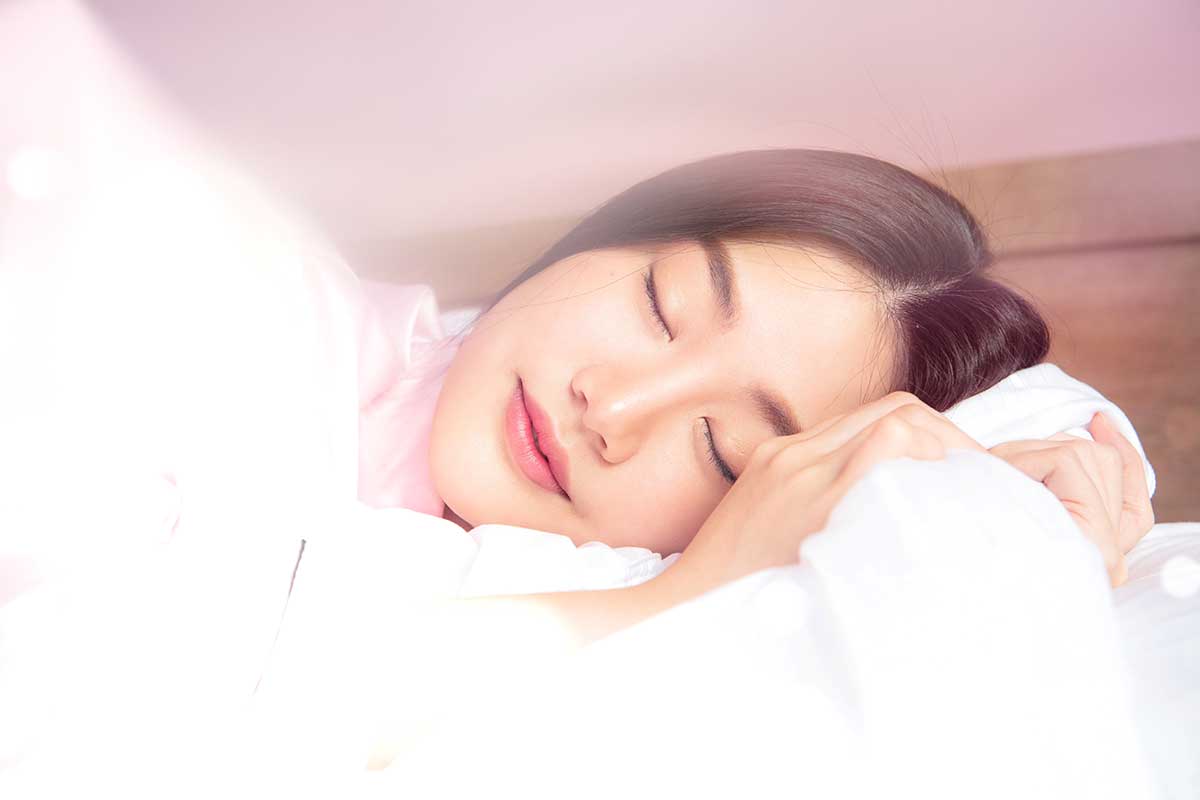Falling asleep should be simple—you lie down, close your eyes, and drift off. But for many people across the USA and UK, sleep has become a frustrating battle. You’re tired but can’t switch off your thoughts. You check the clock again. And again. Before you know it, it’s 2 a.m., and you’re wide awake. While sleep medications offer temporary relief, they often come with side effects, dependency risks, or next-day grogginess. The good news is there are effective, natural ways to fall asleep faster—no pills needed.
If you’re looking for gentle, sustainable methods to fall asleep more easily and stay asleep longer, this guide is for you. These science-backed habits and adjustments work with your body’s natural rhythms to help you relax and rest without relying on over-the-counter sleep aids.
1. Stick to a Consistent Sleep-Wake Schedule
One of the most powerful ways to fall asleep faster naturally is to go to bed and wake up at the same time every day—including weekends. Your body thrives on routine. When you shift your bedtime constantly, your internal clock, or circadian rhythm, gets confused. This can delay melatonin release and keep your brain in wake mode long after you’ve turned out the lights.
What to do: Choose a bedtime that allows for 7–9 hours of sleep and commit to it. Try to wake up at the same time each morning, even if you had a rough night. Over time, your body will adapt and start to feel sleepy naturally at your target bedtime.
2. Create a Wind-Down Routine That Signals Sleep
Just like children benefit from bedtime routines, adults do too. A structured, calming pre-sleep routine tells your brain that it’s time to shift from alert to restful. If you go from work emails straight to bed, your mind won’t have time to slow down.
What to do: Start winding down an hour before bed. Dim the lights, play soft music, drink a warm (caffeine-free) tea, stretch gently, or read a paper book. Avoid screen time, stressful conversations, or stimulating tasks close to bedtime.
3. Limit Blue Light Exposure in the Evening
Your brain relies on cues from light to determine when to release melatonin, the hormone that helps you fall asleep. Exposure to blue light from phones, tablets, TVs, or laptops tricks your brain into thinking it’s still daytime, suppressing melatonin and delaying sleep onset.
What to do: Turn off screens at least 60 minutes before bed. If that’s not possible, use blue light blocking glasses or enable night mode features on your devices. Create a relaxing, low-light environment with lamps or candles to support melatonin production.
4. Practice Deep Breathing or Meditation
Stress and racing thoughts are some of the most common reasons people struggle to fall asleep. Mindfulness techniques like deep breathing and meditation can quiet the nervous system, reduce cortisol levels, and help you slip into sleep more easily.
What to do: Try a simple breathing exercise like 4-7-8 breathing: inhale for 4 seconds, hold for 7, exhale for 8. Repeat this cycle 4–6 times. Apps like Calm or Insight Timer offer guided meditations specifically designed to help with sleep.
5. Use Natural Scents Like Lavender or Chamomile
Certain natural aromas have been shown to reduce anxiety and promote sleep. Lavender, in particular, has calming effects on the nervous system and can reduce heart rate and blood pressure—ideal for preparing your body for sleep.
What to do: Use an essential oil diffuser with lavender, chamomile, or sandalwood in your bedroom. You can also sprinkle a few drops on your pillow or apply diluted oil to your wrists before bed.
6. Keep Your Bedroom Cool, Quiet, and Dark
Your sleeping environment has a huge impact on how quickly you fall asleep. Your body temperature naturally drops in the evening to prepare for rest. A cool, quiet, dark room mimics this natural transition and helps your body fall asleep faster.
What to do: Set your bedroom temperature between 60–67°F (15–19°C). Use blackout curtains, earplugs, or a white noise machine if needed. Make your bed a space that invites rest—clean sheets, minimal clutter, and dim lighting can make a big difference.
7. Avoid Heavy Meals, Alcohol, and Caffeine in the Evening
Eating a large or rich meal too close to bedtime can cause indigestion, heartburn, or discomfort that interferes with sleep. Caffeine is a known stimulant, and even if consumed in the afternoon, it can disrupt your ability to fall asleep. Alcohol may make you drowsy, but it interferes with sleep quality and can cause early waking.
What to do: Stop eating heavy meals at least 2–3 hours before bed. Avoid caffeine after 2 p.m., and limit alcohol in the evening. Opt for a light snack if you’re hungry before bed—try a banana with almond butter or a small bowl of oats with milk.
8. Try Gentle Movement Like Yoga or Stretching
Light physical activity helps relieve tension from the body and calm the mind. A gentle evening yoga or stretching routine can lower stress hormones and promote deep relaxation.
What to do: Spend 10–15 minutes doing relaxing stretches like forward folds, child’s pose, or legs-up-the-wall. These poses support circulation, reduce anxiety, and help the body shift into sleep mode.
9. Sip Herbal Teas That Support Sleep
Certain herbs like chamomile, valerian root, lemon balm, and passionflower are known for their natural calming effects. Drinking a warm, herbal tea in the evening can signal to your body that it’s time to wind down.
What to do: Brew a cup of caffeine-free herbal tea about an hour before bed. Chamomile is gentle and widely used for sleep, while valerian root may be more effective for those with insomnia—but use it occasionally, not nightly.
10. Journal to Empty Your Mind
If your mind is racing with thoughts, worries, or to-do lists, it can be hard to shut off and fall asleep. Writing things down helps process emotions and clear mental clutter.
What to do: Spend 5–10 minutes journaling before bed. You can write a to-do list for the next day, reflect on what went well, or just vent your thoughts. Gratitude journaling also helps shift your mind to a positive, peaceful place.
11. Get Morning Sunlight
This might sound like an odd strategy to help you sleep at night, but getting sunlight in the morning helps regulate your body’s sleep-wake cycle. Natural light exposure early in the day resets your circadian rhythm, making it easier to fall asleep in the evening.
What to do: Aim to get at least 15–30 minutes of outdoor light in the morning. Open your blinds as soon as you wake up or take a quick walk before work or school.
12. Reduce Afternoon Naps
While a short nap can be beneficial, napping too long or too late in the day can interfere with your ability to fall asleep at night. If you’re struggling with sleep, your body may not be tired enough come bedtime if you’ve had a nap after 3 p.m.
What to do: Keep naps under 30 minutes and schedule them before 2 p.m. if needed. If you’re frequently tired during the day, focus on improving your nighttime sleep habits instead.
Falling asleep faster doesn’t require a pharmacy—it requires listening to your body, supporting your natural rhythms, and creating habits that set the stage for deep rest. These gentle, natural techniques don’t just help you fall asleep—they improve the overall quality of your sleep and help you wake up feeling truly refreshed.
By making small, consistent changes to your evening routine and lifestyle, you can shift your relationship with sleep from a struggle to something peaceful and predictable. No pills. Just patience, presence, and a little bit of consistency.






